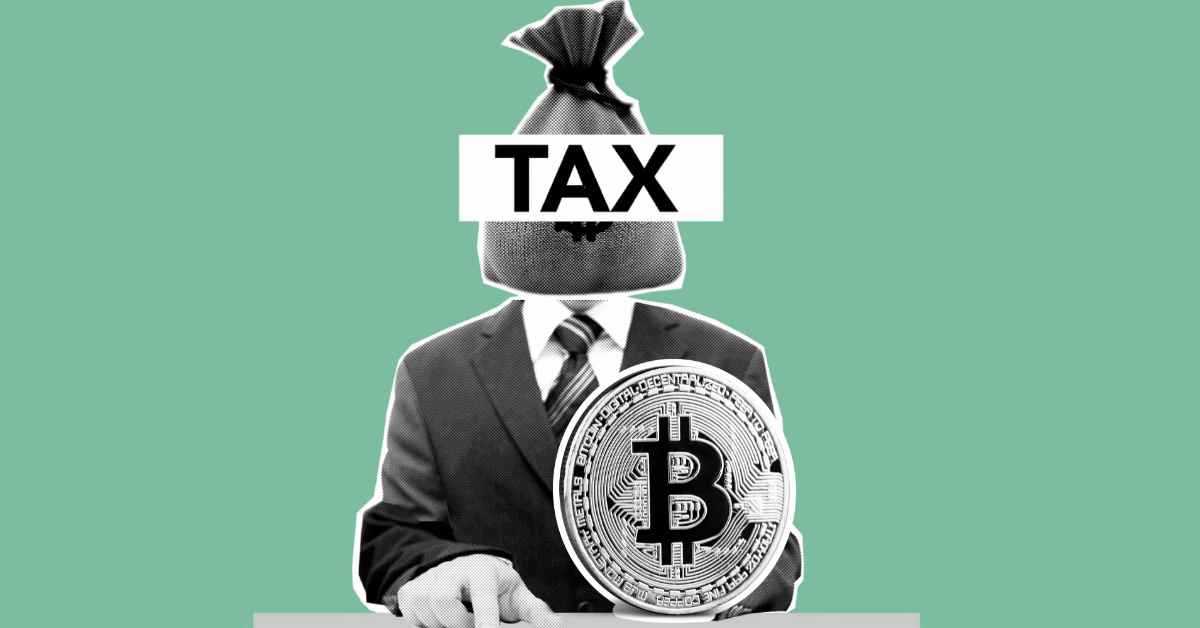
The Internal Revenue Service (IRS) has announced a temporary relief measure for cryptocurrency investors utilizing centralized exchanges. This initiative aims to facilitate a smoother transition to the more stringent tax regulations set to be implemented in 2025. By introducing this measure, the IRS seeks to offer more flexibility, potentially saving taxpayers from hefty tax burdens. The decision appears to align with evolving political dynamics, aiming to simplify crypto investment for individuals. This change offers crypto users a window of opportunity to manage their tax filings more efficiently.
Avoiding Higher Taxes with Flexible Rules
Renowned tax expert Shehan Chandrasekera highlighted on social media platform X that the IRS’s temporary tax relief is a significant boon for crypto investors. Beginning January 1, 2025, new IRS regulations under Section 6045 will require cryptocurrency transactions to adhere to the FIFO (First-In, First-Out) accounting method. This default method involves selling the oldest purchased assets first, potentially leading to higher taxable gains due to the lower purchase cost of older assets. However, taxpayers can opt for alternative methods such as HIFO (Highest-In, First-Out) or Spec ID (Specific Identification) to potentially reduce tax liabilities.
The relief provision allows cryptocurrency holders to deviate from the mandatory FIFO rule in 2025. Rather than being confined to FIFO, investors can use personal records or tax software to identify specific assets for sale. This added flexibility proves especially advantageous during a bull market, where FIFO could inadvertently increase capital gains.
What Does This Mean for You?
This policy adjustment provides some relief when it comes to managing capital gains for the 2025 tax year. It could be a transformative development for many within the cryptocurrency sector, easing the burden of tax compliance. For transactions conducted between January 1, 2025, and December 31, 2025, crypto holders can record their sales using personal documentation or specialized software, effectively bypassing the obligatory FIFO accounting method. However, from January 1, 2026, users will be required to formally select an accounting method with their broker or default to FIFO.
To streamline the process, tax professionals advise aligning your broker’s accounting settings with your tax software to ensure consistency in records, thereby minimizing potential discrepancies during tax filing. Notably, taxpayers are not required to submit any forms to the IRS to take advantage of this relief, as it is automatically applied. Nonetheless, by 2026, it will be necessary for investors to actively choose their preferred accounting method on their centralized exchange to maintain control over their tax strategy.
While the United States is working towards simplifying cryptocurrency tax policies, other countries, such as Russia, are contemplating embracing crypto to counteract US sanctions. It is essential to stay informed about evolving crypto regulations to make well-informed decisions this year.






